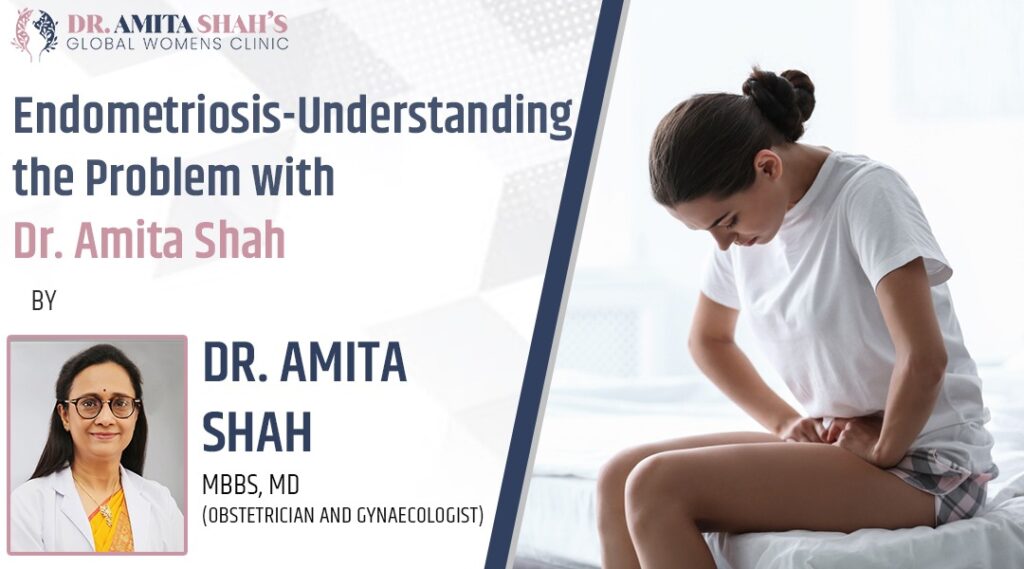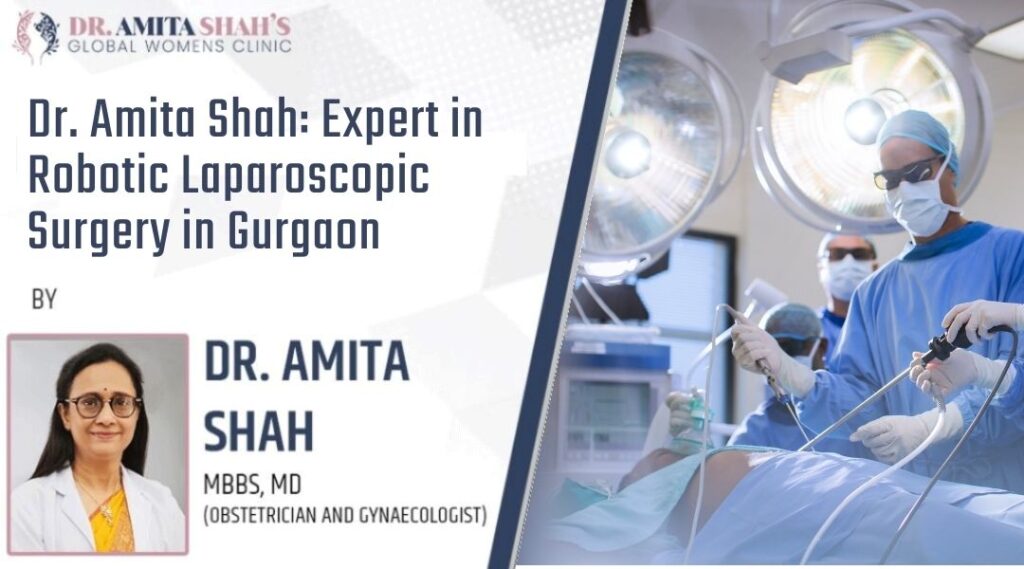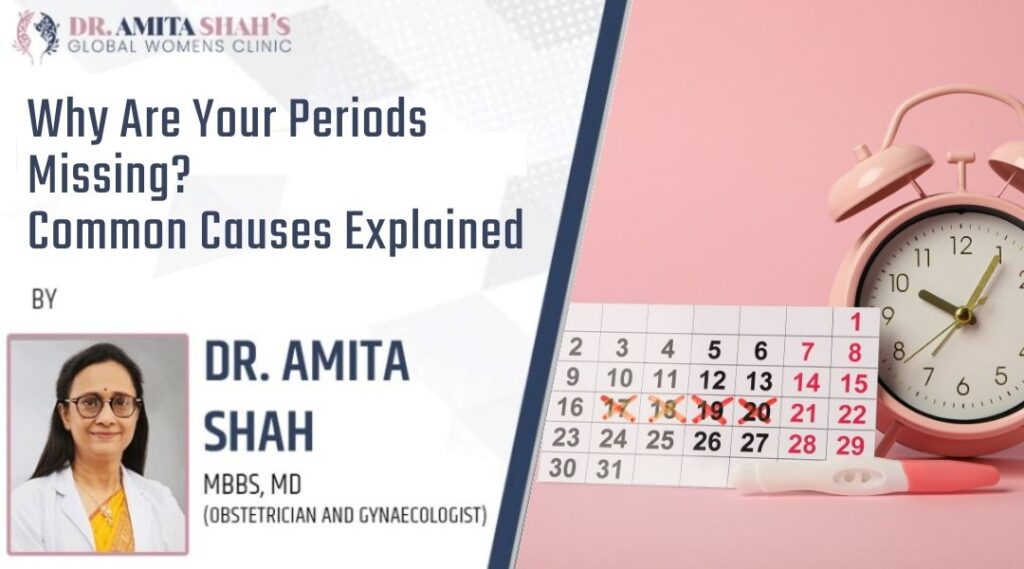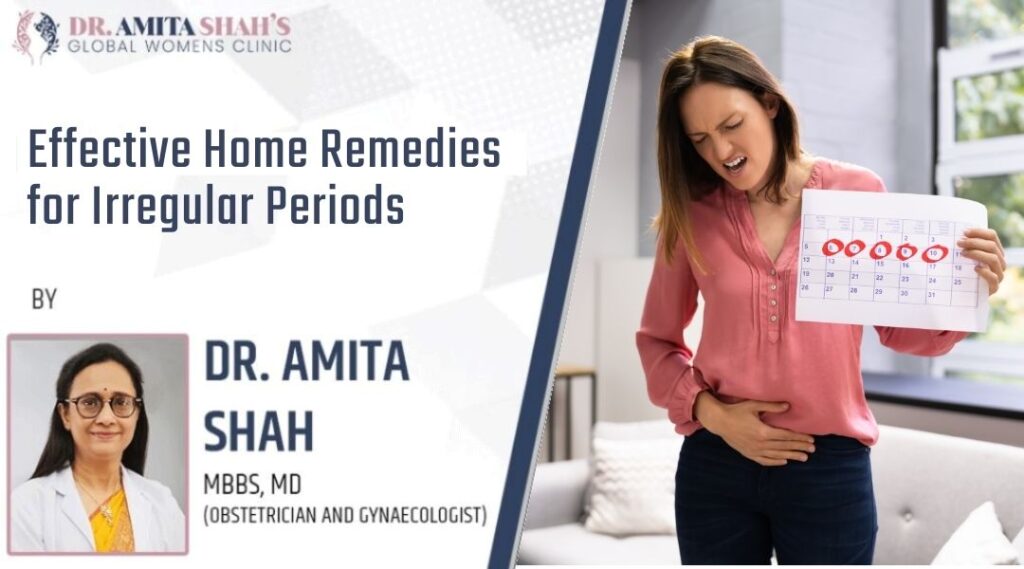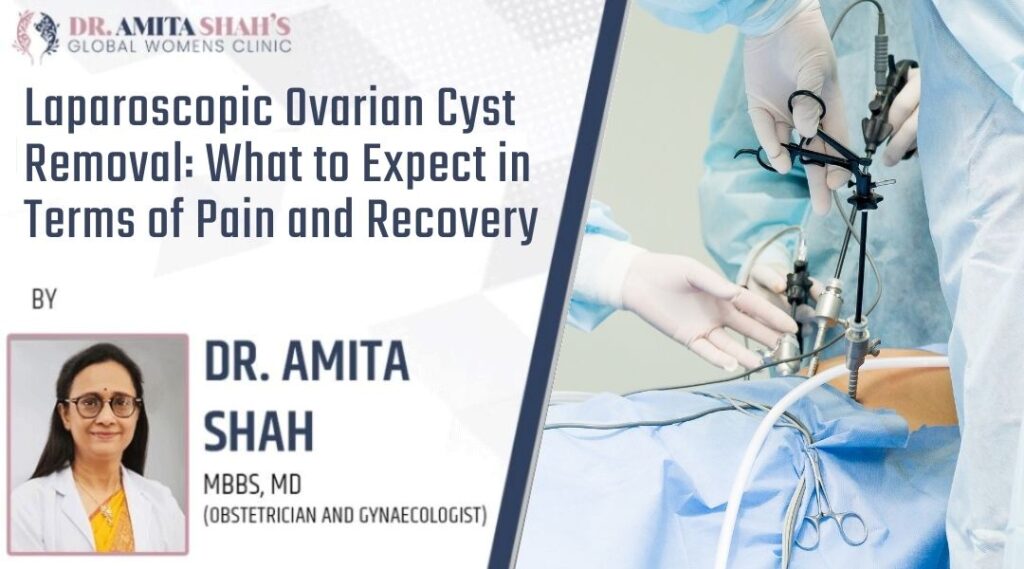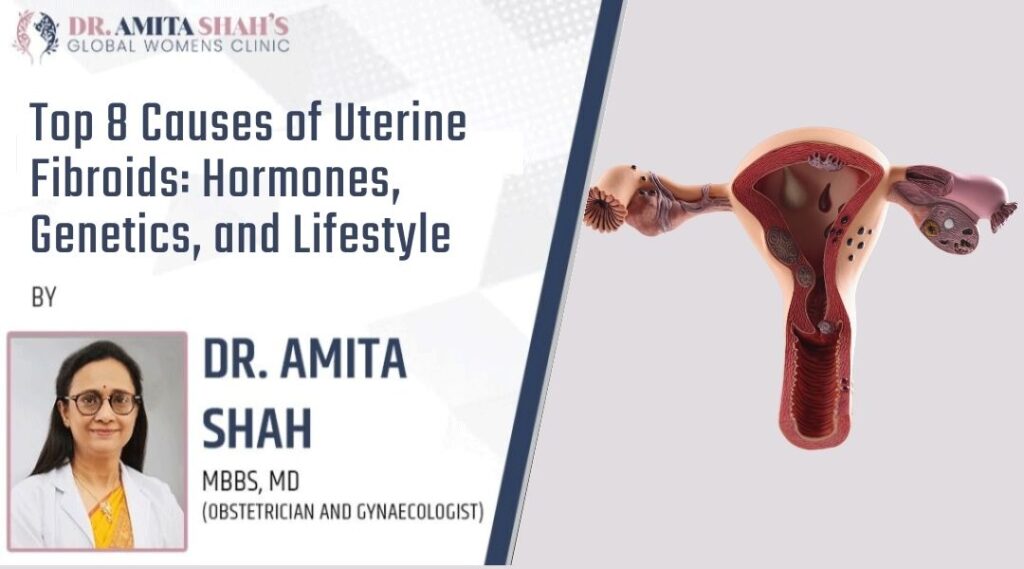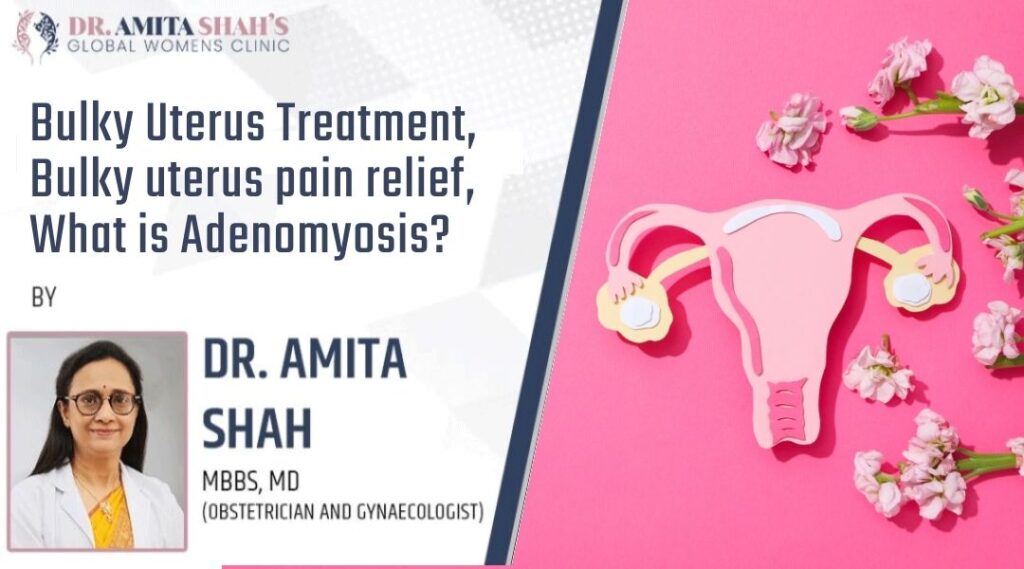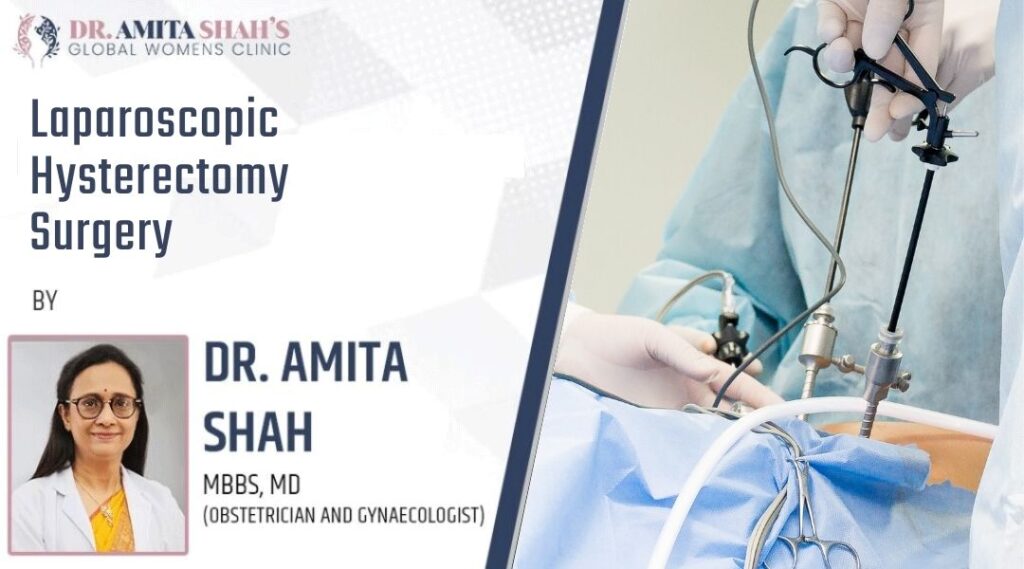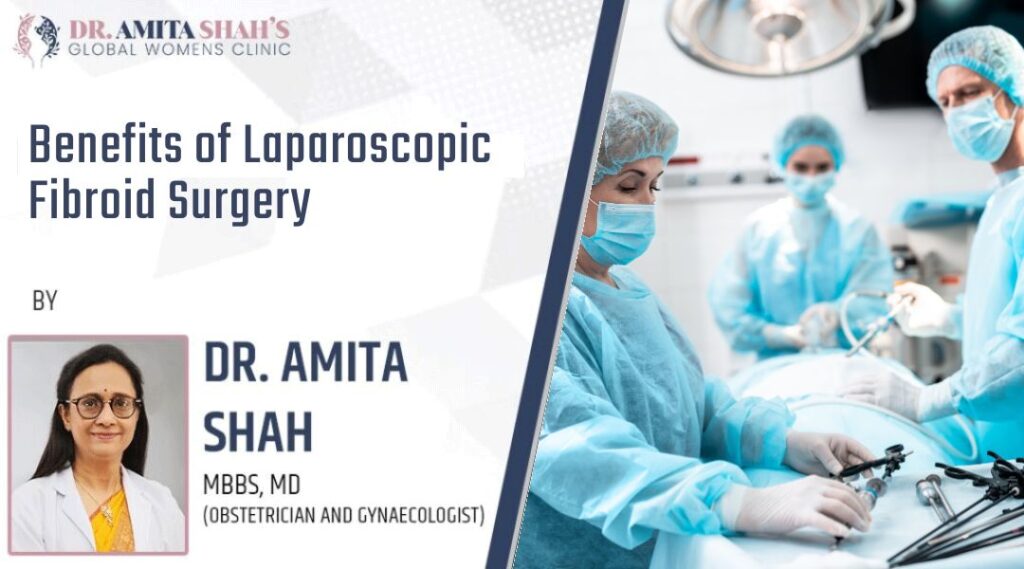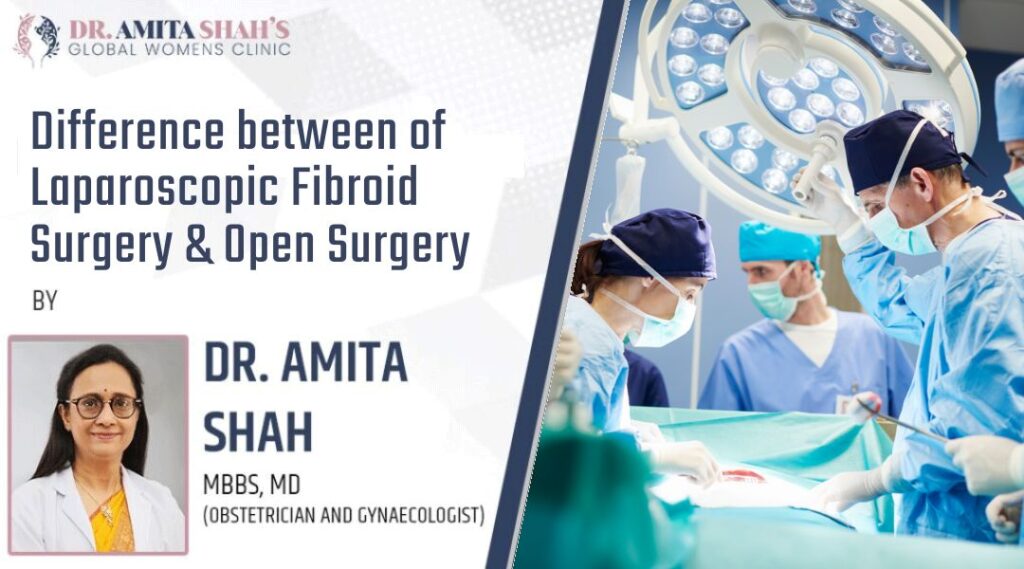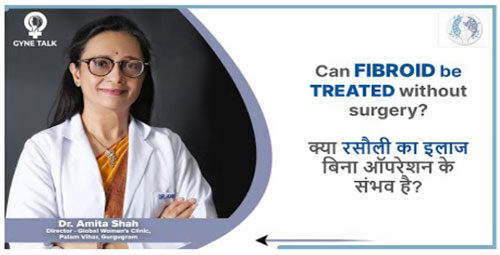Endometriosis occurs in about 1 in 10 women of reproductive age. The diagnosis of endometriosis is most common when a woman reaches her 30s and 40s. Diagnosis of Endometriosis, rather happens very late as women continue to suffer from pain during periods thinking it is a normal physiological menstrual cramp!!
What is Endometriosis?
Endometriosis is a condition in which the tissue that lines the uterus or womb is present in other organs. Endometriosis is usually found in the lower abdomen or pelvis, but it can appear anywhere in the body. Most commonly it tends to deposit on the ovaries, leading to the formation of Endometriotic Ovarian Cysts.

What are the Symptoms of Endometriosis?
The most common symptom of Endometriosis is lower abdominal or pelvic pain, and backache, especially with menstruation (dysmenorrhea). Some women also experience pain with sexual intercourse (dyspareunia).
Other symptoms may include changes in bowel and bladder symptoms (such as pain with bowel movements, bloating, constipation, blood in the urine, or pain with urination), and possibly abnormal vaginal bleeding. Endometriosis is also a common cause of Infertility.
How is Endometriosis Diagnosed?
Clinical diagnosis of Endometriosis can be made based on symptoms and clinical /pelvic examination by the doctor. Ultrasound can help to diagnose endometriotic cysts. However, a definitive diagnosis can be made only on Laparoscopy. (wherein a Surgeon would visualize the abdomen and pelvis using a camera).
endometriosis laparoscopy helps to diagnose even the smallest of endometriotic lesions. A tissue sample (biopsy) from a suspected endometriosis lesion at the time of surgery can confirm the diagnosis.
Why Does Endometriosis Cause Pain in Some Women?
When a woman with Endometriosis has her period, she has bleeding not only from the cells and tissue inside the uterus but also from the cells and tissue outside the uterus. The endometriosis lesions cause inflammation and irritation, creating pain.
What Causes Endometriosis?
The exact cause of Endometriosis is not known, but several theories offer possible explanations. When a woman has her period, some of the blood and tissue from her uterus travels out through the fallopian tubes and into the pelvis and very rarely other areas of the body.
This is called retrograde menstruation. Nearly all women have some degree of retrograde menstruation, so abnormalities of the endometrial tissue in the uterus, a receptive environment in the pelvis, and alterations in the local immune system likely contribute to the development of endometriosis.
How does Endometriosis Affect Fertility and my Ability to Get Pregnant?
Almost 40% of women with infertility have Endometriosis. Inflammation from endometriosis may negatively impact the function of the ovary, egg, fallopian tubes, or uterus.
In addition, scar tissue that is often present in patients with Endometriosis can cause blockage or distortion of the fallopian tubes, so they are unable to pick up and transport the egg after ovulation.
What is the Treatment for Endometriosis?
Treatment for Endometriosis depends on the extent of the disease, the degree of symptoms, and the desire for future children. Endometriosis may be treated with medication, surgery, or both. The first-line therapy for endometriosis is with medications, particularly when pain is the primary problem.
As endometriosis lesions are sensitive to ovarian hormones, medical therapies aim to lower estrogen levels and/or shrink the lesions with a form of progesterone called progestin.
If medical therapy fails or in certain cases to treat infertility, surgery can be used to remove or burn as much of the endometriosis as possible without injuring other internal organs.
Laparoscopy is the best modality to surgically treat Endometriosis as it helps to identify the minutest of lesions because of magnification by the camera.
Do I Need to Have a Hysterectomy?
No, a hysterectomy is not necessary. However, if a woman with endometriosis is not interested in becoming pregnant, she and her doctor may decide to remove the uterus and possibly the ovaries if other treatments are ineffective.
Is Endometriosis Cancer?
No, Endometriosis is not a type of cancer. Some research suggests that women with endometriosis may be at a slightly higher risk of developing certain cancers.
Doctor Profile
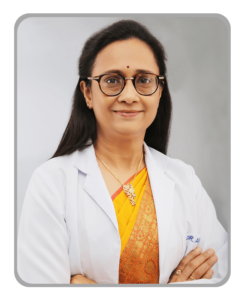
Dr Amita Shah is a leading gynaecologist in Gurgaon with vast experience in treating all major and minor female problems. She is the founder of Global Women’s Clinic, Palam Vihar, Gurgaon. For more information or an appointment with Dr Amita Shah please call +91- 9773975611


